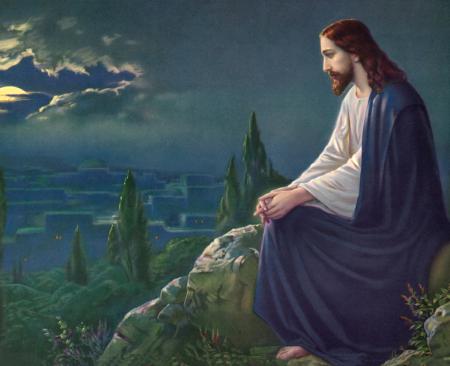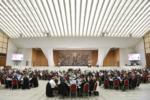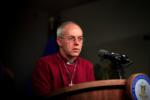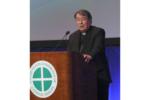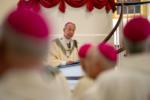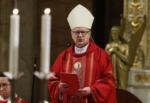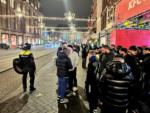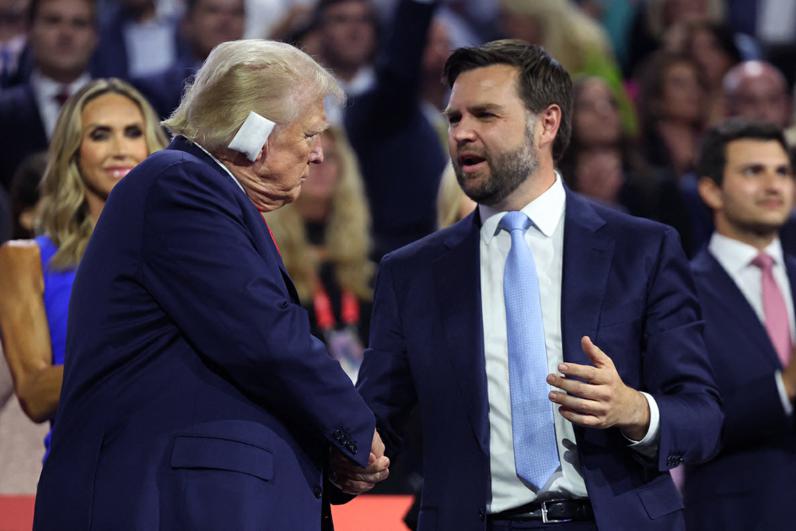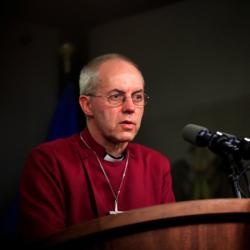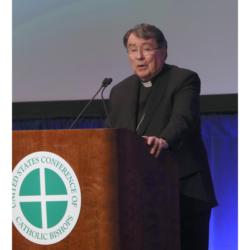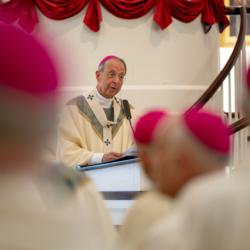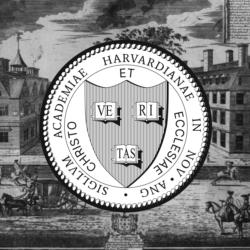God's plan and American politics
A chorus of populist theologizing greeted the attempted assassination of Donald Trump. Much of it was along the lines of "Considering that the shot missed killing him by only a couple of inches, God must have been looking out for him."
I fully agree. God certainly was looking out for the former president. So what else might we say about what happened?
Although pushing too hard to explain God's ways can be presumptuous, we can at least say that any serious attempt to understand will run up against mystery. Comprehending God's plan in its literally unimaginable extent and complexity lies far beyond our limited capacity for grasping divine realities other than those he reveals. As for the little that we do see, it's seen, as St. Paul remarks, as through a glass -- darkly (1 Corinthians 13.12).
In the present case, then, start with the obvious. God isn't a Democrat or a Republican or anything else in political terms. But politics and politicians do have places in God's providential plan, as do everyone and everything that exists now or ever has existed in the past or ever will exist in the future. Also, although God doesn't cause evil, he does permit evil's intrusion into history -- including the evil done by crackbrained individuals who shoot celebrities.
Writers sometimes wrestle with these matters. Back in 1927, the American novelist and playwright Thornton Wilder published a novel called "The Bridge of San Luis Rey." Acclaimed in its day, it earned its author a Pulitzer Prize and continues to be read today.
Set in 18th century Peru between Lima and Cuzco, the novel tells the story of five people crossing an old rope bridge above a deep canyon. The bridge breaks and they plunge to their deaths. Seeking to vindicate the ways of God, a Franciscan friar launches a years-long investigation. His conclusion: each of those people died at just the right point in his or her life.
As for Wilder, his answer was that everything that happens is an expression of God's love. That is a pious thought, true in its way, but it begs the question by assuming that God's love looks pretty much like ours. Does it?
God's purposes are often unknowable by us, but there's no question that he has a plan. And while the Second Vatican Council didn't publish a philosophy or theology of history, its Constitution on the Church in the Modern World, "Gaudium et Spes," offers hints. For instance:
"The whole of man's history has been the story of dour combat with the powers of evil, stretching . . . From the very dawn of history until the last day. Finding himself in the middle of the battlefield, man has to struggle to do what is right, and it is at great cost to himself, and aided by God's grace, that he succeeds in achieving his own inner integrity . . . All human activities must be purified and perfected by the cross and resurrection of Christ" ("Gaudium et Spes," 37).
Even politics? Yes, even politics.
After nearly dying when a would-be assassin shot him in 1981, Ronald Reagan said God had spared him so he could negotiate an agreement with the Soviet Union to avert nuclear war. Donald Trump in his address to the GOP convention told of being grazed by the bullet but said he felt "very safe because I had God on my side." There are big differences between Reagan and Trump, but both knew Whom to thank for being alive: it was part of God's plan.
- Russell Shaw is the author of more than twenty books. He is a consultor of the Pontifical Council for Social Communications and served as communications director for the U.S. Bishops.
